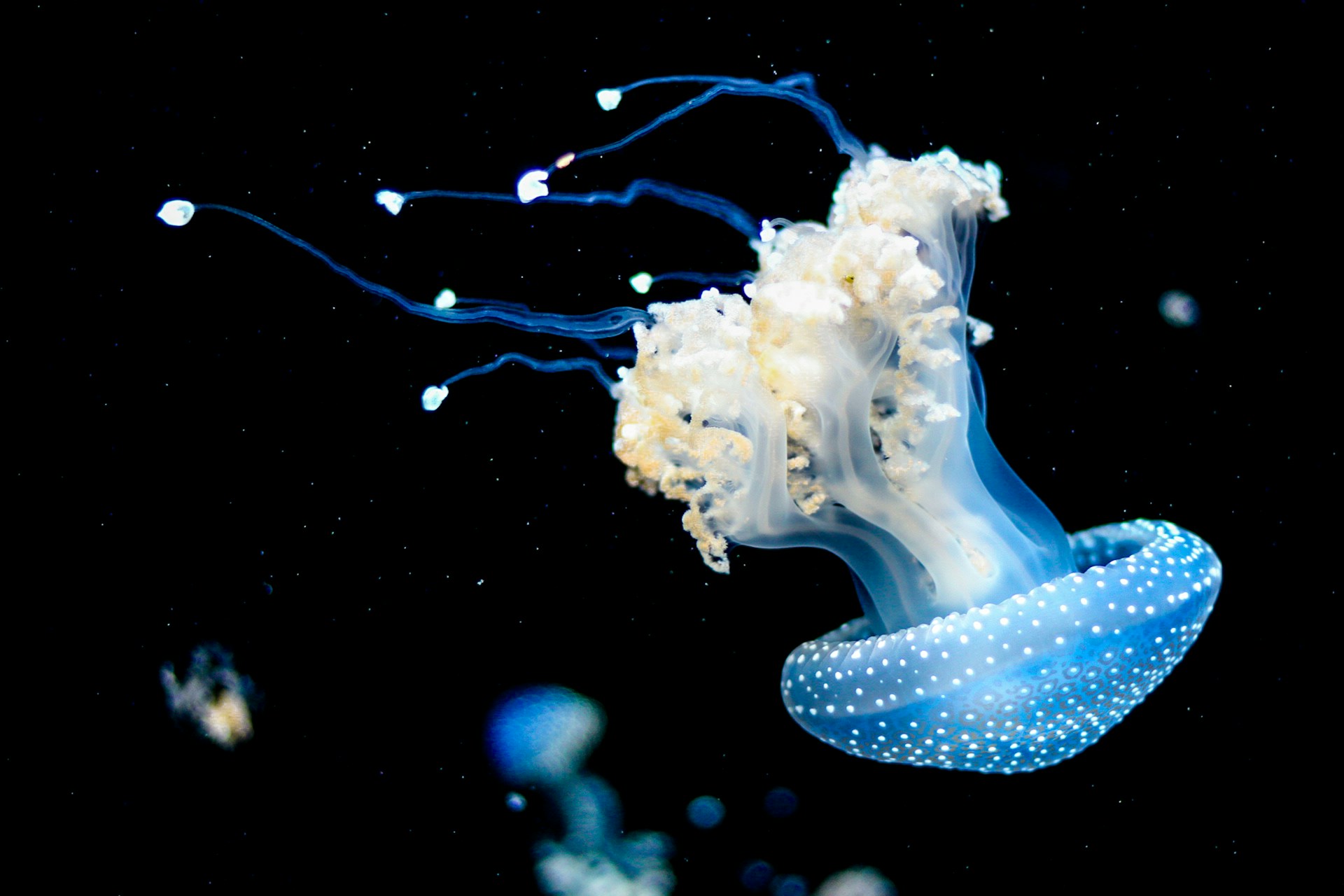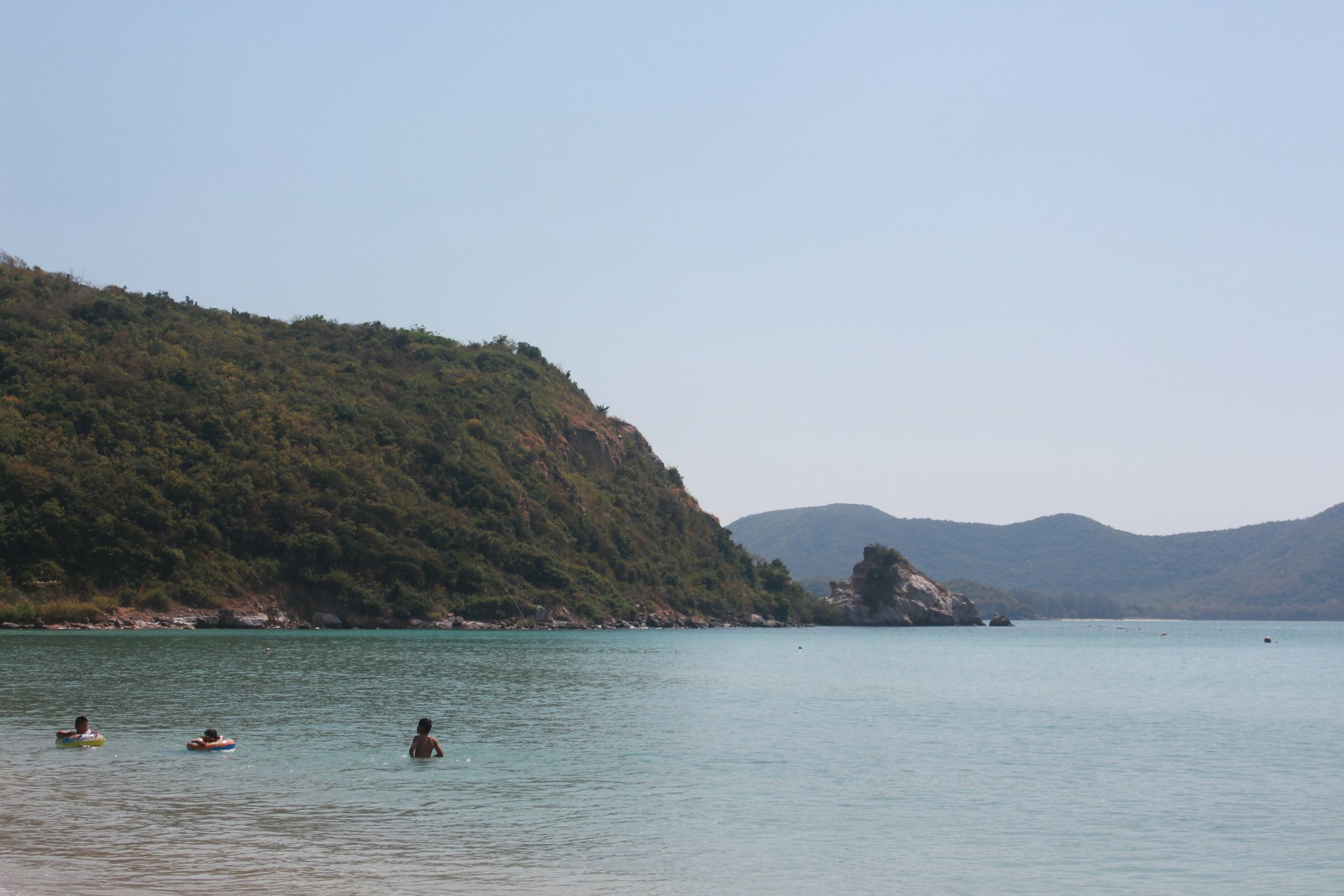Thailand is one of the most popular holiday spots in the world. People travel from everywhere to enjoy many things, but for many, it is the soft sandy beaches and clear blue sea that they love the most. Swimming, snorkelling, and relaxing in the water are a big part of the experience.
However, recently, there have been more and more reports about jellyfish in the water. While these are natural to the sea, it can be worrisome for tourists. Is it really still safe to swim?

Despite the increase in jellyfish, most beaches in Thailand remain safe for swimming. Resorts and local authorities take safety seriously and monitor jellyfish activity closely. Popular tourist beaches often have warning systems, lifeguards, and first-aid stations to help protect swimmers.
However, even with all these safety measures in place, visitors still need to be cautious, especially in areas with known jellyfish activity. While many species are harmless, some, like box jellyfish, can deliver painful or even dangerous stings.

Many beaches will put up signs if jellyfish are around. These signs are there to keep you safe, so don’t ignore them. If you are not sure, ask a lifeguard or even local people before going into the sea. They usually know if it is a good day to swim or if you should be extra careful.
Many busy beaches set up safe swimming zones. Some beaches have nets in the water to keep jellyfish away. They are also often watched by lifeguards. Swimming in these marked areas gives you extra protection and peace of mind. They are the safest spots, especially for families with children, because help is always close by if anything happens.
Even though it feels good to swim in just a swimsuit, covering up a little helps. Thin wetsuits, rash guards, or swim leggings can lower the chance of getting stung. They don’t make you completely sting-proof, but they reduce the chances of getting hurt. You don’t need heavy gear. Just light clothing that covers more of your body
If you or someone with you gets stung, stay calm. First, rinse the sting with vinegar if it is available (many Thai beaches now keep vinegar bottles nearby for this reason). Do not wash with fresh water because that can make the sting worse. Try not to rub the area either. If the sting is mild, it will usually settle after a while. But if the person feels very sick, dizzy, or has trouble breathing, get medical help straight away. Always take stings seriously and act fast but calmly.
Swimming in Thailand remains a highlight for most travellers, even with the seasonal increase in jellyfish, and it is still safe if you follow the guidelines. Stay informed, follow local guidance, and take simple safety measures as explained in this blog and you can still enjoy the beautiful beaches and waters without fear. Jellyfish are part of the natural marine ecosystem, so they will always be there. But they don’t have to spoil your holiday.


If you want the latest information on the best Hotel Executive Club Lounges, Hotel Kids Clubs and other travel information, be sure to sign up for our free newsletter full of tips and great travel ideas.